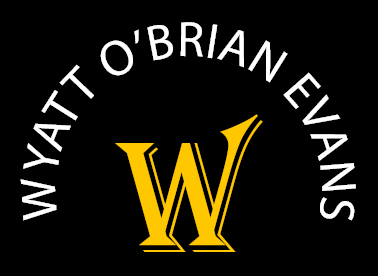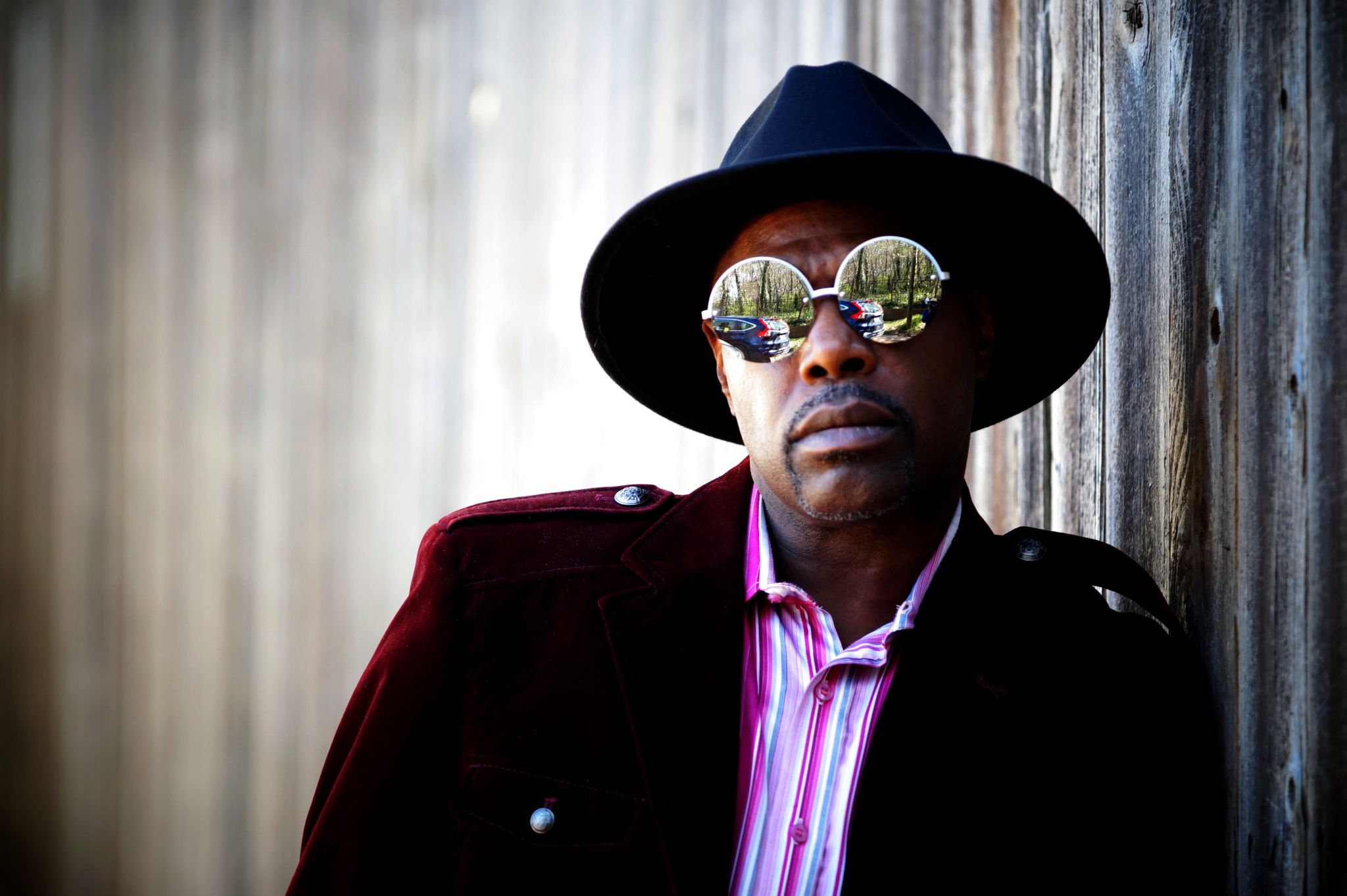“PRIDE: A Celebration of Liberation”
Guest Writer: Carlton R. Smith
President Barack Obama has just designated the area around the Stonewall Inn in New York City as the nation’s first national monument to LGBTQ rights. As you know, The Stonewall Uprising is largely regarded as the catalyst for the modern LGBTQ movement for civil rights. And our PRIDE celebrations grew out of that movement.
During the 1960’s, very few establishments welcomed openly LGBTQ individuals. Therefore, there weren’t many places for us to socialize.
Then, at 1:20 a.m. on Saturday, June 28, 1969, eight police officers raided the Stonewall Inn, located on the famous Christopher Street in the city’s Greenwich Village. In 1969, police raids on gay bars occurred regularly. It was illegal to serve LGBTQ persons alcohol, or for them to dance with one another. During a typical raid, the lights were turned on, customers were lined up and their identifications checked. Those without ID or who dressed in full drag were arrested. Oftentimes, patrons would be roughed up. And, those arrested had their names printed in the newspaper, which resulted in some losing their jobs.
It was simply another risk of being gay.
During that early morning, approximately 200 people were in the Stonewall. The raid that early morning was the bar’s third during that week; and as always, the police entered with search warrants.
However, this time, those 200 patrons did not cooperate. They resisted and fought back. They were people of color, including Puerto Rican drag queens, Black hustlers, bartenders and some “butch lesbians” (who are not always mentioned in the narrative of what transpired.)
While others were lingering outside the bar, the police were escorting patrons into the paddy wagon. Suddenly, a fight broke out and the crowd started throwing cobblestones, bottles and garbage at officers, who retreated back into the bar as the crowd grew massive. As the rioting crowd spilled into the streets and alleyways, the police was forced to call for reinforcements. The uprising continued for two more nights.
It was the birth of a liberation movement.
The Stonewall Rebellion didn’t have “identifiable leaders.” However, it had community stakeholders who took a stance against oppression–resisting their oppressors. It was collective action. Stonewall became a model, a touchstone for gay liberation groups. A revolution had begun across the nation.

Now, having said all that, I have some pertinent questions: shouldn’t the Black Queer Lives Matter Movement be as revered and respected as the Stonewall Uprising? Shouldn’t it matter just as much? Where’s the love for people of color who are constantly traumatized by oppression and hate?
Moreover, Black and Latino trans individuals often face bigotry and violence as they try to live their lives like the rest of us, while too many of us take being exempt from it for granted.
On Sunday, June 12th, a gunman entered Orlando’s Pulse Nightclub and killed 49 people. This tragedy has claimed more lives than any other mass shooting in modern day American history–namely the lives of Black and Latino LGBTQ people. However, mainstream media, politicians and others routinely continue to ignore the implications of race, citizenship and class in narratives about the Orlando tragedy.
Actually, the “whitewashing” is nothing new. Storytelling about Stonewall and other acts of LGBTQ resistance has routinely been told without acknowledging the central roles of brown and Black queer folk–especially transgender women of color.
Although this is rather disconcerting, together we must combat ignorance and hatred in our daily lives—even after the media spotlight dwindles, and then moves on. I have to keep in mind to love my enemies according to the Scriptures. However, know without a shadow of a doubt that I’m not retreating back inside any closets, for that would be a spiritual and emotional death.
Remember: love is our greatest victory–and I’m in it for LOVE!
His Royal Highness,
Duchess
Carlton R. Smith has advocated on LGBTQ and HIV/AIDS issues for many years, placing emphasis on the African American LGBTQ community– specifically men who have sex with men (MSM). Mr. Smith has served on various committees providing leadership and outreach, and continues to represent the needs of LGBTQ individuals at the local, state and federal levels.
Carlton’s resume is both substantive and stellar: currently, he is the Executive Director and one of the founding members of The Center for Black Equity-Baltimore (formerly Baltimore Black Pride, Inc.), now in its 14th year of operation. Also, he is a member of the JHU CFAR community participatory advisory board at the John Hopkins University Center for AIDS Research.
As well, Carlton serves as community co-chair of the GBISGLRT Response Team (convened by the Maryland Department of Health and Mental Hygiene), and is one of the co-founders of “Sankofa” Community Conversations on Black Same-Gender Loving Men, established in 2014.
Carlton also is a former member of Maryland Moving Forward Network, National Minority AIDS Council, National Black Gay Men’s Advocacy Coalition (membership chair/member of its executive committee), and was Vice-Chairman of the Greater Baltimore HIV Health Planning Council.
And, Mr. Smith is an ordained deacon with Unity Fellowship Church of Baltimore. You can connect with and follow Carlton on Facebook at Carltonraysmith; on Twitter: @BmoreBlackpride, @Duchess_WitTea; on Instagram and Vine, Baltimore Black Pride.



Excellent ! Love ya Brother.